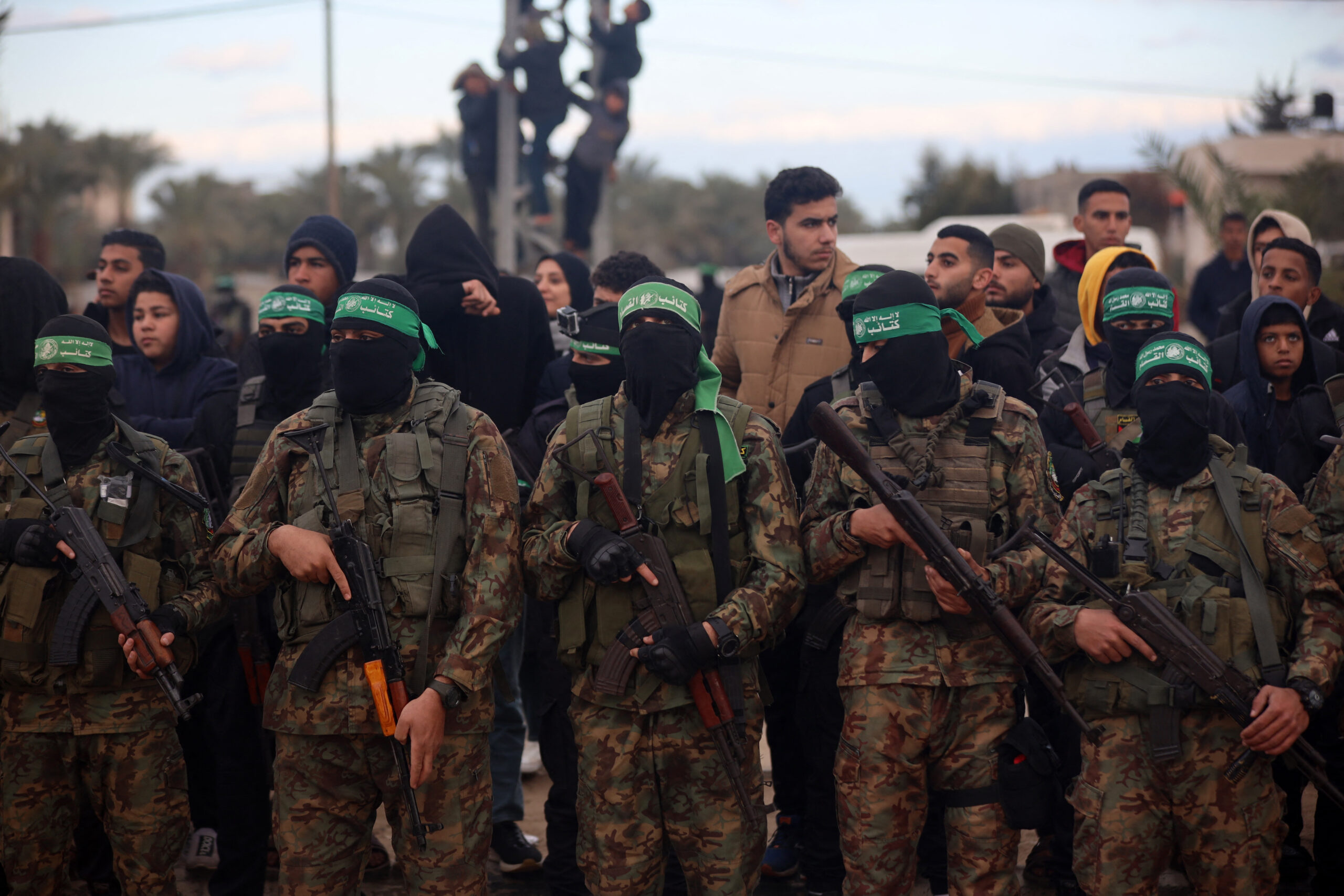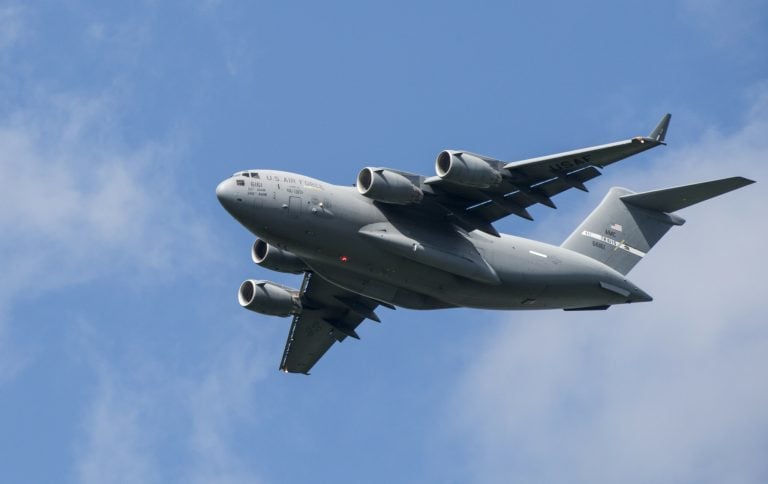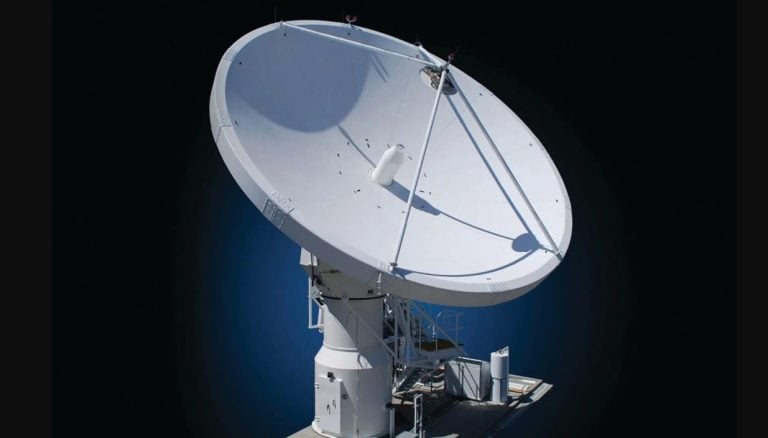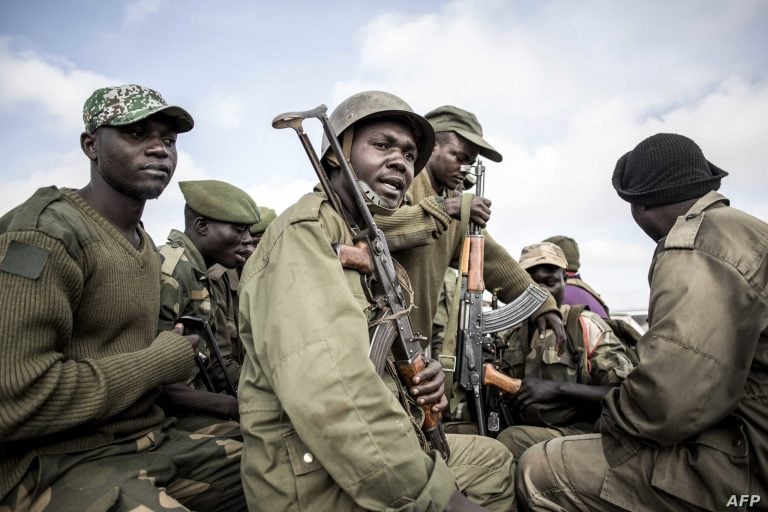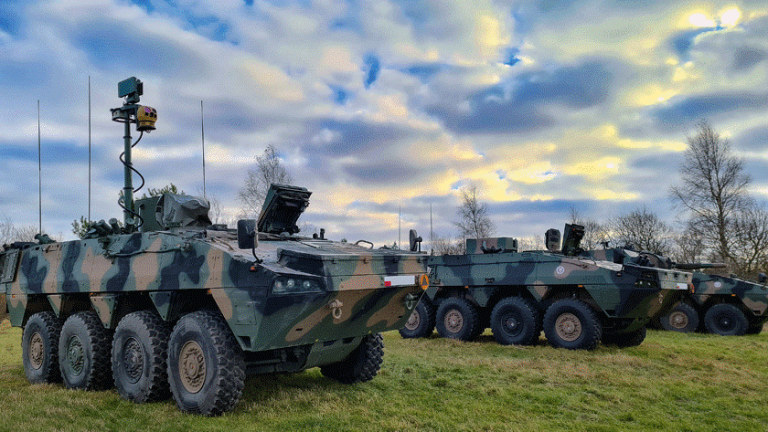Palestinian militants have successfully negotiated the release of three Israeli hostages as part of a significant swap deal that saw hundreds of Palestinian inmates freed by Israel. This exchange, which took place amidst rising tensions surrounding the Gaza ceasefire agreement, demonstrated the precarious nature of the current truce.
An AFP journalist reported that the three hostages—Israeli-American Sagui Dekel-Chen, Israeli-Russian Sasha Trupanov, and Israeli-Argentine Yair Horn—were paraded onto a stage in Khan Yunis, Gaza, by masked Hamas gunmen. The hostages, previously held since the assault by Hamas on October 7, 2023, were made to speak into a microphone before being handed over to the Red Cross for safe passage back to Israeli territory. Clutching gift bags and certificates recognizing the end of their captivity, the hostages expressed hopes for further exchanges under the terms of the ongoing ceasefire.
Emotional scenes unfolded as friends and family members of the hostages celebrated their return. Trupanov’s family expressed relief, stating, “Finally, Sasha can be surrounded by his loved ones and begin a new path.” Dekel-Chen’s wife observed, “My breath has returned. He looks so handsome,” highlighting the joy and relief felt by many.
On the flip side, the release of a busload of Palestinian prisoners sparked celebrations in the West Bank city of Ramallah, where inmates from Ofer Prison were met with a swelling crowd. According to the Palestinian Prisoners’ Club, Israel confirmed that it released a total of 369 prisoners, including 333 from Gaza and 36 serving life sentences. The images broadcast showed the Palestinian inmates wearing sweatshirts emblazoned with the prison service logo and slogans expressing their resilience.
However, the exchanges have not come without controversy. In Israel, a live feed of the hostage return drew a crowd in Tel Aviv that waved flags and carried welcome signs, some marked with messages demanding further action. Recent releases ignited anger and distress in Israel, particularly after previous exchanges were marked by the visibly frail condition of the hostages. Reports emerged of several Palestinian detainees requiring hospitalization after their release, illustrating the dire circumstances faced by those held in Israeli custody.
The ceasefire, first established on January 19, continues to face substantial challenges. Tensions escalated following a recent proposal from former US President Donald Trump, which aimed to transfer the population of Gaza to countries like Egypt or Jordan. This plan was met with condemnation from Arab nations, and a summit is set to occur in Saudi Arabia involving leaders from Egypt, Jordan, Qatar, and the UAE to discuss the crisis.
A statement from Christian church leaders in Jerusalem echoed this sentiment, emphasizing that Gazans should not be forcibly exiled from their homeland. The violence that erupted after Hamas’s October 7 attack has produced significant casualties, with the Israeli toll at over 1,200, largely civilians. Meanwhile, ongoing Israeli airstrikes have resulted in devastating losses in Gaza, with reports indicating over 48,000 fatalities, primarily among civilians.
In a response from Israeli officials, Netanyahu’s office announced its collaboration with the United States to expedite the release of remaining hostages, providing little detail on the operational timelines. The current situation underscores both the complexity of the conflict and the urgent humanitarian concerns surrounding the ongoing violence and negotiations.
